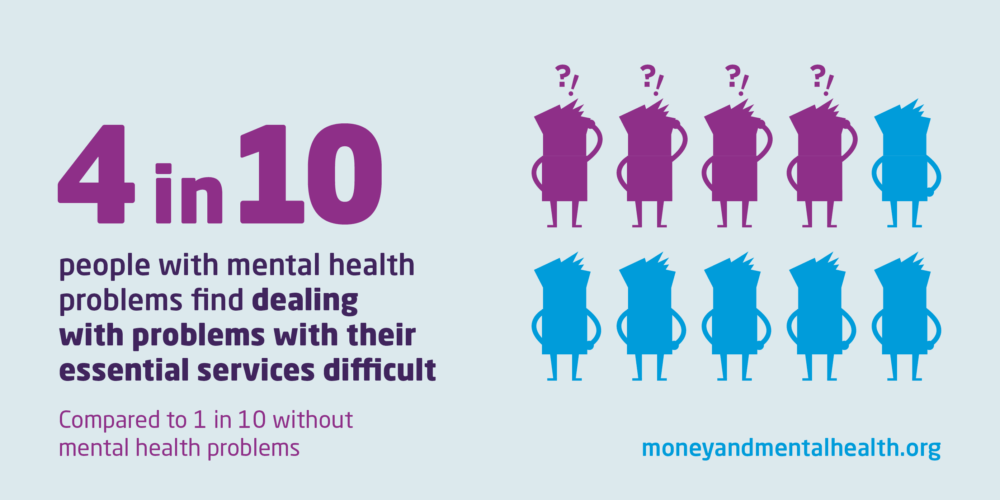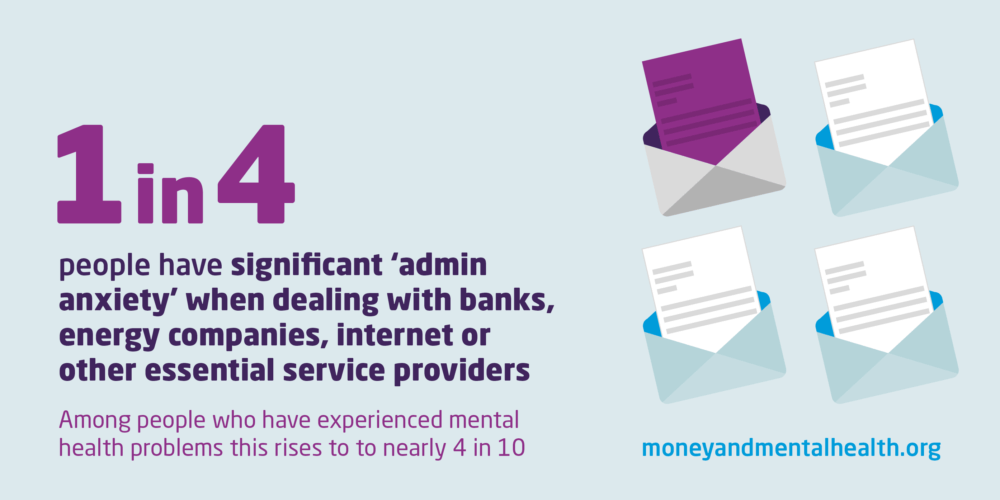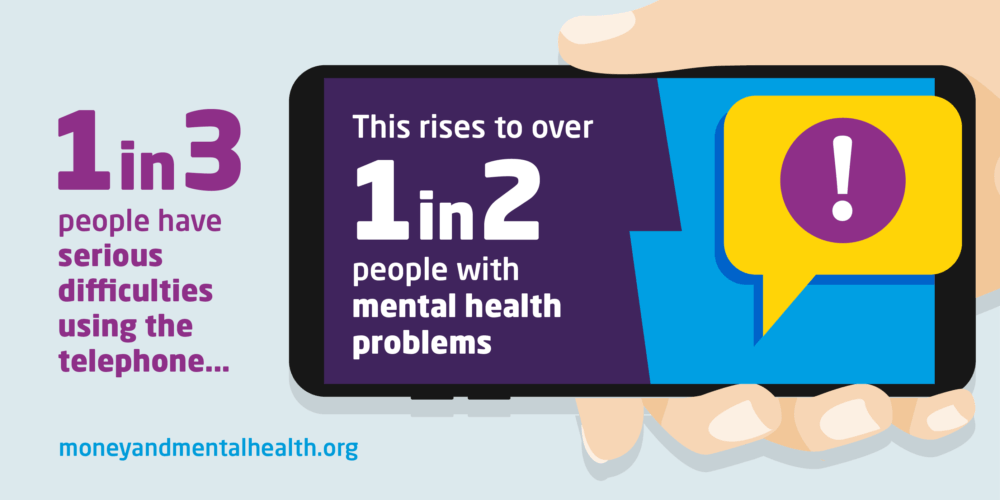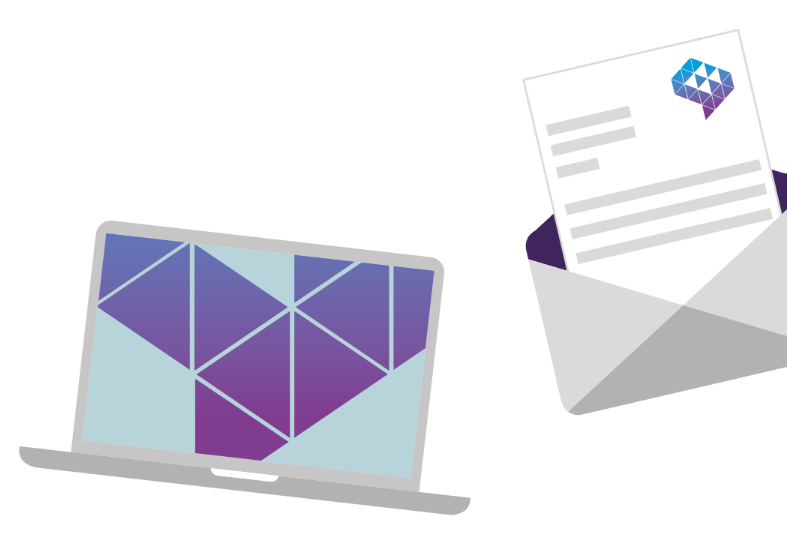
Merlyn Holkar, Research Officer, Money and Mental Health
Accessibility and mental health
Banking, internet, water and energy are essentials of modern life. Yet people with mental health problems often struggle to engage with their providers, navigate their complex systems and information, and can suffer serious financial or psychological harm as a result. The case is well established that adjustments should be made to products and services so that they are accessible to people with physical or sensory issues, it’s time the same was true for accessibility and mental health.
Today we’re delighted to publish Access essentials, a report that sets out the challenges people with mental health problems can face accessing vital services. The report lays the groundwork for our upcoming Accessibility Standards for Mental Health, a set of practical measures for providers, to ensure that people with mental health problems are no longer disadvantaged when accessing their products and services. Over the summer we’ll be working with firms and people with experience of mental health problems to develop these standards, drawing on their expertise to ensure that they are workable across essential services.

Mental health and essential services
Common symptoms of mental health problems can make it harder for people to manage essential services effectively. For example, reduced attention span can make it harder to work through lengthy forms or scrutinise providers’ terms and conditions, memory problems can lead to difficulties logging in to essential service accounts or missed bill payments, and a lack of motivation can cause delays in resolving problems.
These difficulties can mean that dealing with essential services is arduous, time consuming, or altogether impossible for some people with mental health problems. Many rely on support from their providers, or friends or family, to get by.
‘Admin anxiety’
Beyond these practical implications there is often a human cost. Our new analysis shows that across the country, nearly four in ten (37%) people who have experienced mental health problems experience “admin anxiety”, significant levels of distress when dealing with essential service providers.
Even amongst those with no history of mental health problems, we find that this type of anxiety is still common – 13% of this group experience significant levels of distress when dealing with essential services. This means that across the population, 23% of us, equivalent to more than 11.5 million adults, experience severe anxiety, including symptoms like breathlessness, sweating and shaking, when accessing essential services.

“I’ve had panic attacks and less often suicidal ideation due to the stress of trying to deal with these companies. I’ve felt very low when I ask for help and they don’t seem to want to help me.”
Communication breakdown
The report sets out a wide range of practical problems that can contribute to this anxiety. We explore pain points in account management processes, common difficulties understanding and navigating information received from providers, and why people with mental health problems can struggle to resolve problems with essential services. However, our strongest findings are the difficulties that many people with mental health problems have getting in touch with their essential service providers.
Three quarters (75%) of people who have experienced mental health problems have serious difficulties engaging with at least one communication channel commonly used by essential service providers, such as telephone calls or letters. This means that they may find it acutely distressing, or be unable to communicate effectively, if forced to engage in this way.
Telephone calls are most commonly problematic. More than half (54%) of people who have experienced mental health problems find them difficult.

Common difficulties experienced when getting in touch by phone include:
- Having to prepare extensively before feeling confident enough to call a provider
- Anxiety increasing during lengthy call centre queues
- Forgetting key bits of information or action points after a stressful call.
“I find it extremely difficult to hold a conversation on the telephone and retain enough information to make a good judgement.”
Setting the standard
We’ve already started developing our ideas for standards to address these difficulties and improve accessibility for people with mental health problems. Now we’re looking forward to engaging with a wide range of essential service providers to ensure that our proposals are practical, and can have maximum impact for both accessibility and mental health.
